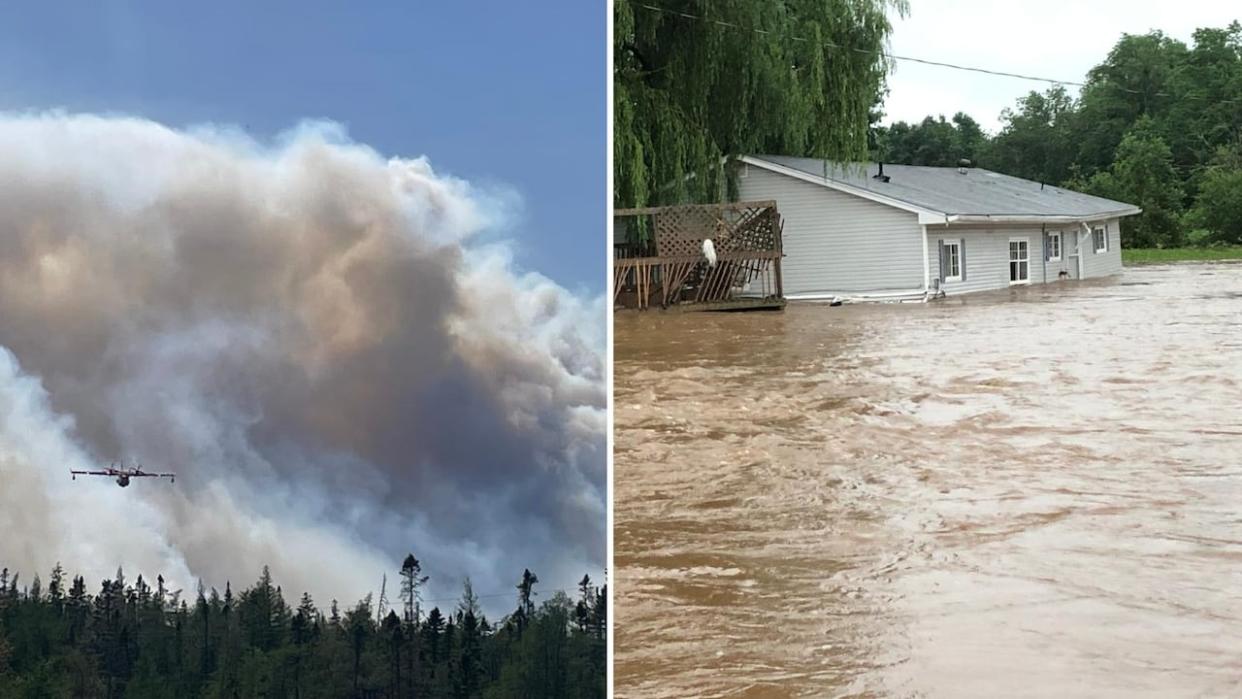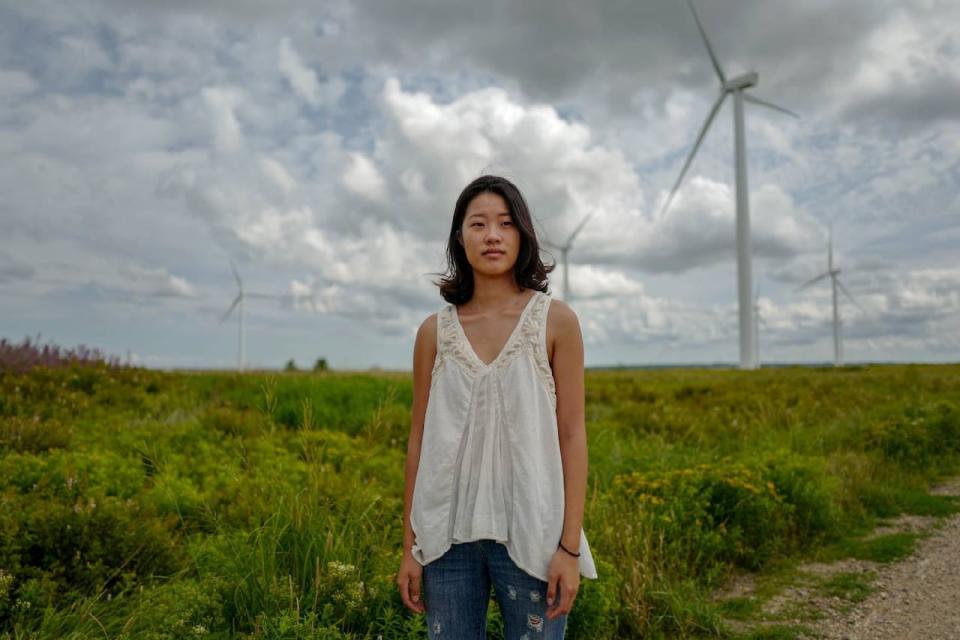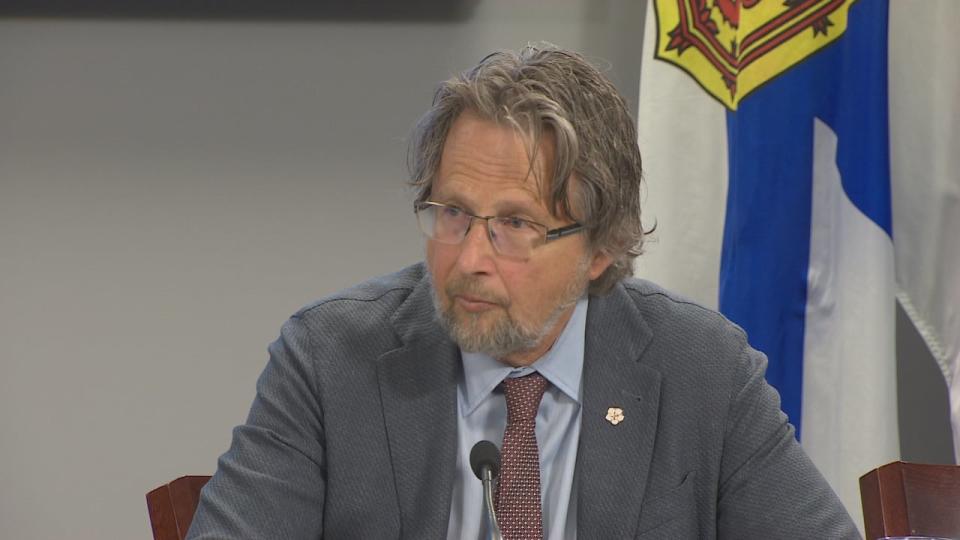Why 'climate anxiety' must be redirected to inspire community action

Some environmental advocates in Nova Scotia say the phrase "climate anxiety" is misleading because being worried about climate change is a normal reaction.
Tina Oh, a climate activist in Halifax, says young people are increasingly feeling the threat of climate change, especially as the province deals with fallout of catastrophic wildfires and fatal flooding.
This feeling of distress or dread has often been called climate anxiety or eco-anxiety, but Oh says that's not an accurate term.
"We say the words eco-anxiety, but I mean, it really is the most sane response for people to have in this existential threat that we're dealing with," Tina Oh told CBC Radio's Mainstreet Halifax on Wednesday.
"I feel like 'anxious' isn't even kind of close to the word that describes this kind of freaking out — this generational freaking out — that's happening."

Tina Oh, a climate activist in Halifax, said more people are feeling a sense of dread amid the climate crisis. (David Brower Awards)
According to a 2021 study published in the health journal The Lancet, 84 per cent of 10,000 respondents aged 16 to 25 were at least moderately worried about climate change.
More than 45 per cent of respondents said their feelings about climate change negatively affected their daily life and functioning.
Stan Kutcher, a senator and professor emeritus of psychiatry at Dalhousie University, agrees with Oh.
He said anxiety suggests a mental disorder — a symptom of which can be irrational thoughts — but that's not the case when worrying about climate change.

Stan Kutcher, an emeritus professor at Dalhousie University in the Faculty of Medicine's Department of Psychiatry, says feelings of distress about climate change would be better called climate worry or concern. (CBC)
Kutcher said some people seek therapy for climate anxiety, but that can promote helplessness, instead of agency.
"We can't deny the reality, and it would be, in my opinion, good if we actually use words that let us be active and proactive in addressing the reality," he said.
He said these feelings should instead be described as climate worry or concern.
"[That] feeling should be the signal to us that we have to do something and that we have to do things that matter and work," he said.
Growing concerns
Oh said these feelings are more commonly felt among younger generations because they're future is "the most affected by this crisis."
This generation, which she said is the most diverse in Canadian history, is also feeling the effects of the COVID-19 pandemic, rising housing prices and inflation, and growing homophobia and xenophobia. That has only exacerbated their worries about the future.
She calls it a crisis without borders.
"I think the recent events have kind of opened up a lot of people's eyes and Nova Scotia particularly. But at the same time we've been seeing these crises happen across Canada for many summers."
She said there is a path forward from these feelings, which is action.
"It's absolutely a starting point. It can go two ways, right? And one way it could be just inaction, because we're full of despair. We feel like this is too big of a problem for one of us to solve or a few of us to solve," she said.
"And then the other path is — and this is the path that I think we really do need to choose — is this communal response to a very collective crisis that's happening."
The United Nations climate action program suggests a number of personal changes to reduce greenhouse gas emissions including flying and driving less, making homes energy efficient and throwing out less.
MORE TOP STORIES


